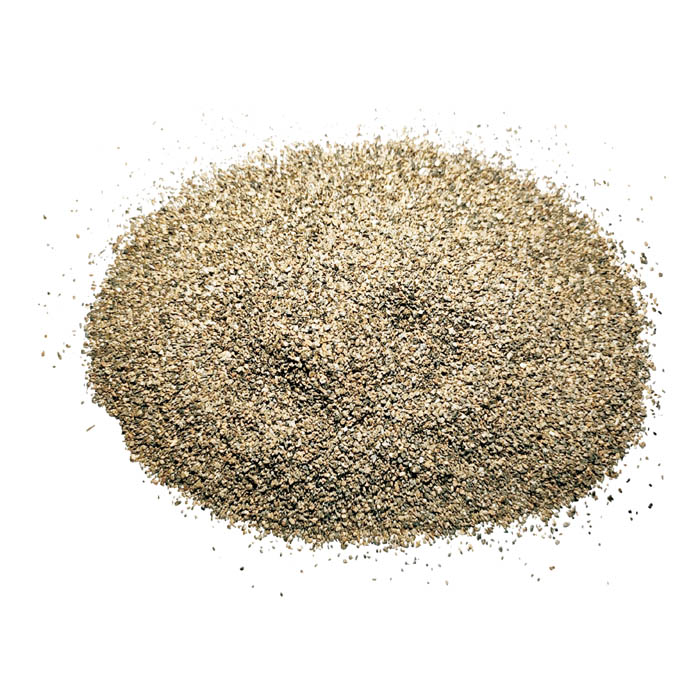Aug . 21, 2024 17:34 Back to list
Pipe Insulation Suppliers and Materials for Effective Thermal Management Solutions
Material for Pipe Insulation Suppliers A Comprehensive Overview
Pipe insulation is a critical component in various industries, including construction, manufacturing, and energy. It serves to improve energy efficiency, reduce heat loss, and prevent freezing in cold climates. As a result, the demand for high-quality pipe insulation materials has surged. This article aims to provide an overview of the types of materials used for pipe insulation, their benefits, and what suppliers need to consider when selecting these materials.
Types of Insulation Materials
1. Fiberglass Insulation One of the most commonly used materials, fiberglass insulation is lightweight and has excellent thermal resistance. It is non-combustible, making it a safe choice for many applications. Fiberglass is particularly effective at reducing heat gain or loss in piping systems and is often used in commercial buildings.
2. Foam Insulation Closed-cell foam insulation materials, such as polyisocyanurate or polyurethane, are highly effective due to their low thermal conductivity. These materials provide a barrier to moisture and are ideal for both hot and cold piping systems. Their flexibility allows them to conform to various pipe shapes and sizes, making installation easier.
3. Mineral Wool Also known as rock wool or stone wool, this insulation material is manufactured from natural or recycled materials. Mineral wool has excellent fire-resistant properties and is often used in applications that require high-temperature tolerance. Additionally, it offers sound attenuation benefits, which can be essential in noisy industrial settings.
4. Rubber Insulation This material is particularly useful for refrigeration lines and is effective in reducing condensation. Rubber insulation is flexible, durable, and can easily be cut to fit around pipes of various sizes. It is also resistant to moisture, which makes it less prone to mold and corrosion.
5. Reflective Insulation Reflective insulation works by reflecting radiant heat away from the pipes. This type of insulation is commonly used in attics and is particularly effective in warmer climates, where it helps to keep spaces cooler by preventing heat transfer.
Benefits of Pipe Insulation
By investing in high-quality pipe insulation, businesses can enjoy numerous benefits, including
material for pipe insulation suppliers

- Energy Savings Effective insulation reduces the energy required to heat or cool liquids within pipes. This leads to lower energy bills and contributes to the overall sustainability of a facility. - Condensation Control Insulation minimizes condensation on cold pipes, which can prevent water damage and mold growth. It is essential for maintaining a safe and healthy workplace.
- System Efficiency Well-insulated pipes enhance the overall efficiency of heating and cooling systems
. This increased efficiency can extend the lifespan of equipment and reduce maintenance costs.Considerations for Suppliers
When sourcing materials for pipe insulation, suppliers should consider several key factors
1. Thermal Performance Assessing the thermal resistance value (R-value) of insulation materials is crucial. Choosing materials with higher R-values will ensure better energy efficiency.
2. Moisture Resistance Materials that are resistant to moisture can prevent issues related to mold and corrosion. This is particularly important in humid environments or applications dealing with cold liquids.
3. Fire Safety Ensuring that insulation materials meet fire safety standards is vital, especially in commercial and industrial applications.
4. Ease of Installation Suppliers should consider how easy the insulation material is to install. Flexible materials that can be easily cut or molded will save time and labor costs during installation.
5. Cost-Effectiveness While quality is important, suppliers must also balance cost with performance to provide value to their customers.
In conclusion, as industries continue to focus on energy efficiency and sustainability, the role of pipe insulation is more critical than ever. Suppliers must stay informed about the latest materials and technologies to meet the needs of their customers effectively. By understanding the different types of insulation materials and their benefits, suppliers can provide tailored solutions that enhance the performance and safety of piping systems.
-
High-Quality Fe-C Alloy Leading Manufacturers & Spherical Alloy Materials Supplier
NewsJun.10,2025
-
Premium Low Nitrogen Recarburiser Supplier & Manufacturer – High Quality Exporters
NewsJun.10,2025
-
DT4 High-Quality Magnetic Materials Leading DT4 Manufacturer & Supplier
NewsJun.10,2025
-
High-Performance Spring Steel Suppliers Custom Solutions
NewsJun.10,2025
-
Premium SWRCH6A Manufacturer Steel Wire Supplier & Factory
NewsJun.10,2025
-
Premium Mild Steel Wire Rod Supplier & Manufacturer
NewsJun.10,2025
